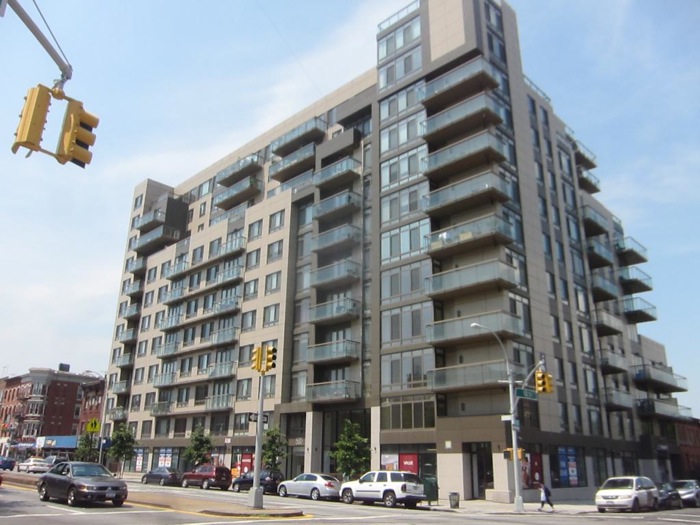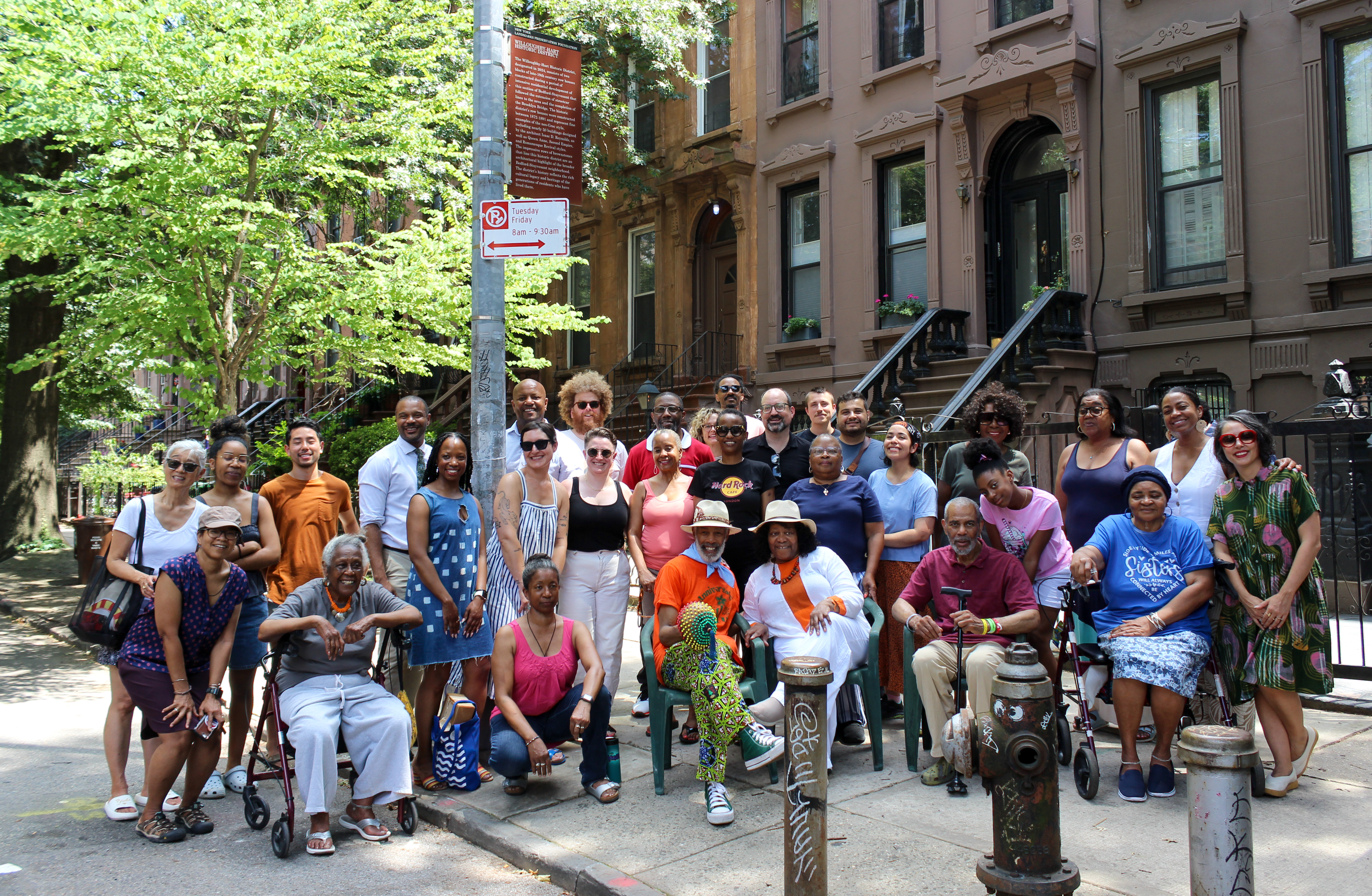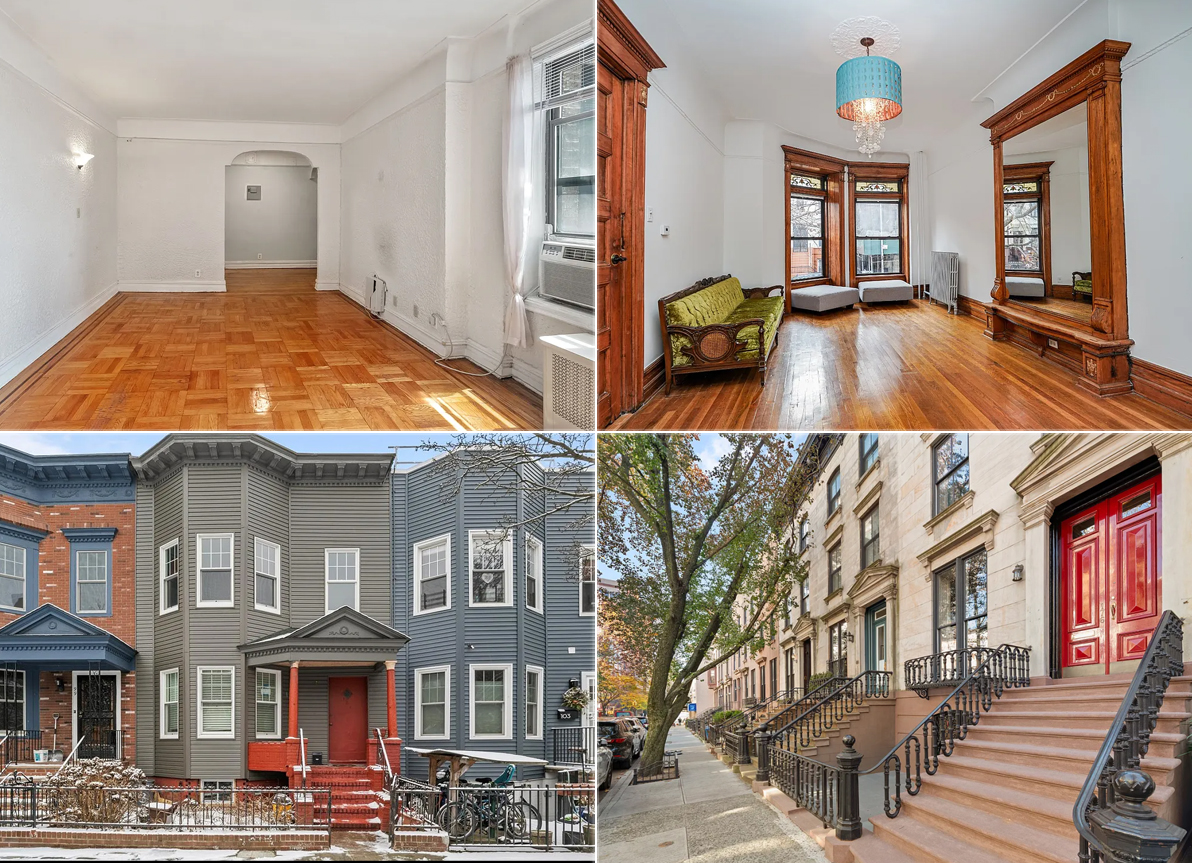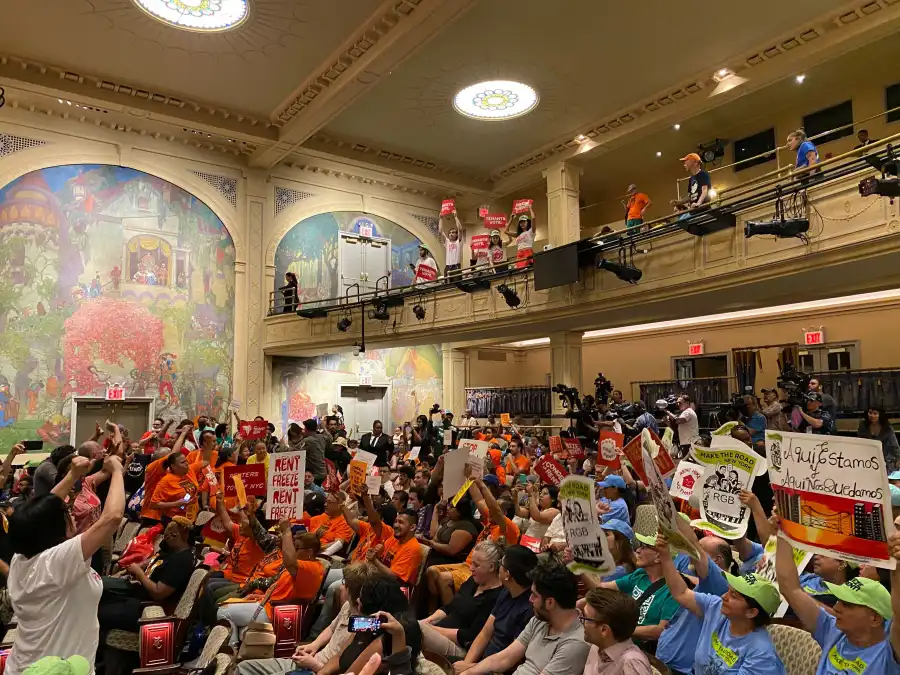Construction Defects Accompany Brooklyn Building Boom
As the building boom continues, more cases of shoddy new construction are coming to light, some the result of unseasoned, inexperienced developers, according to The New York Times. The story dove into problems at two buildings in particular, 500 4th Avenue (above) and 550 Grand Street. At the former, a big new condo building, the…


As the building boom continues, more cases of shoddy new construction are coming to light, some the result of unseasoned, inexperienced developers, according to The New York Times. The story dove into problems at two buildings in particular, 500 4th Avenue (above) and 550 Grand Street.
At the former, a big new condo building, the cement cracked off the facade and balconies developed alarming cracks three years after opening. At the latter, a condo conversion of a 19th century brick building in Williamsburg, the roof leaked, the storm drainage system was not hooked up to the sewer system so the building frequently flooded, and “fire stopping measures” were missing.
The story mentioned two developers who have been named in lawsuits for construction defects in more than one building: Isaac Katan and Shaya Boymelgreen. It also recounted the travails of condo buildings that try to hold developers or sponsors accountable, and said ongoing litigation may make it difficult to sell.
Would you buy in new construction?
Construction Defects Follow a Brooklyn Building Boom [NYT]
Balconies Unsafe, Structural Problems at New Build on 4th Avenue [Brownstoner]
Photo by Nicholas Strini for PropertyShark





So many of these buildings sat half-finished, with work stopped, for so long, open to the elements, while ownership or contractors changed. I can see how it would be easy to miss things here and there when these buildings are not shepherded through construction with 1 owner, 1 architect, 1 contractor.
I lived on 11th St near this building for a while, and the construction wrap/screen hanging off and blowing in the wind for months was ominous…didn’t seem to be much work going on. I’d be similarly cautious of that Windsor Terrace rental project, that sat incomplete for years and years.
Co-Ops have greater quality control in so many ways, here are just a few.
The maintenance is a priority lien before a Bank loan, because it includes the Real Estate tax portion and so Co – Op boards do not need a State Supreme Court action to collect dead beat common charges, a Bank will pay it to protect their loan. If no Bank loan, they can go to L & T court to collect &/evict occupants (quicker & cheaper than Supreme Court)
A co-op board can collect reserves without a majority ruling, they can make capital improvements without a consesus of the owners, ( that means fixing the roof that only effects the top floor owners, that the lower floor condo owners do not want to contribute to! ) They can refinance the underlying mortgage, so that individual owners do not have to come up with cash assessments. A Condo cannot blanket finance short falls in their budgets.
But the most important to maintain property values / re-sale values is that Condo’s can control owner occupancy. ( Unless they can afford to exercise their right of first refusal, which most cannot) Banks will not finance a sale if there are not enough owner occupants in a building this knocks out 95% of your buyers and the cash investors want a server discount.
There are already many buildings in Brooklyn where no one can sell for market price because Banks will not finance a sale due to lack of owner occupancy. Of course they can sell at a discount for cash and those buyers tend to be vultures picking them off one by one…. very sad, for the poor buyer just trying to buy a home in Brooklyn..
When you buy into a Co-Op you get all the financial records for the past few years and the Management of maintenance and construction going forward. You can read the minutes of the meetings to see what is going on in the building.
In a Condo you get none of this in many cases and very minimal information at best as to what you are buying into at best. Hence sometimes you here of people closing on a Condo and two weeks later they get a bill for $30,000 for their share of the new roof!
In most of the bigger new construction condos, construction problems have not had much of an impact on resales. The article cited a healthy resale market at 500 4th avenue after the defects were discovered. That said, we’ve been in a boom market where everything sells at a profit it seems. Smaller buildings and conversions with defects have done less well it seems. In my personal experience a lot it comes down to how much you are personally affected; in my old (large) building some owners had chronic rage-inducing problems that literally and figuratively decreased their quality of life over a period of years. Their units may have been under a roof terrace or other poorly designed element of the building for which there was no easy fix. Other owners in other parts of the building, myself included, had virtually no problems, or small problems that arose once and were easily fixed. Its hard to know what to expect but I can tell you this, if buyers had access to private message boards there’d be a lot more buyers running away from deals!
There is no way to know if you are buying into a lemon or classic and the re-sale especially the first time around; you are competing to sell against the marketing of the next new model. (building)
I would wait at least 10-15 years out to see how the building is doing before I would buy a condo. By then the first board has all quite from nervous breakdowns and ego wars and hopefully professional management has been bought in to keep it from sinking and getting completely out of control and unsalable..
Of course as the story states it does depend on who the developer is. But I would still rather buy a well managed well financed co-op any day, simply because it is easier to steer through any problems that come along. A Co-Op board has more control. A Condo Board has non and has to resort to the Courts to get anything done..